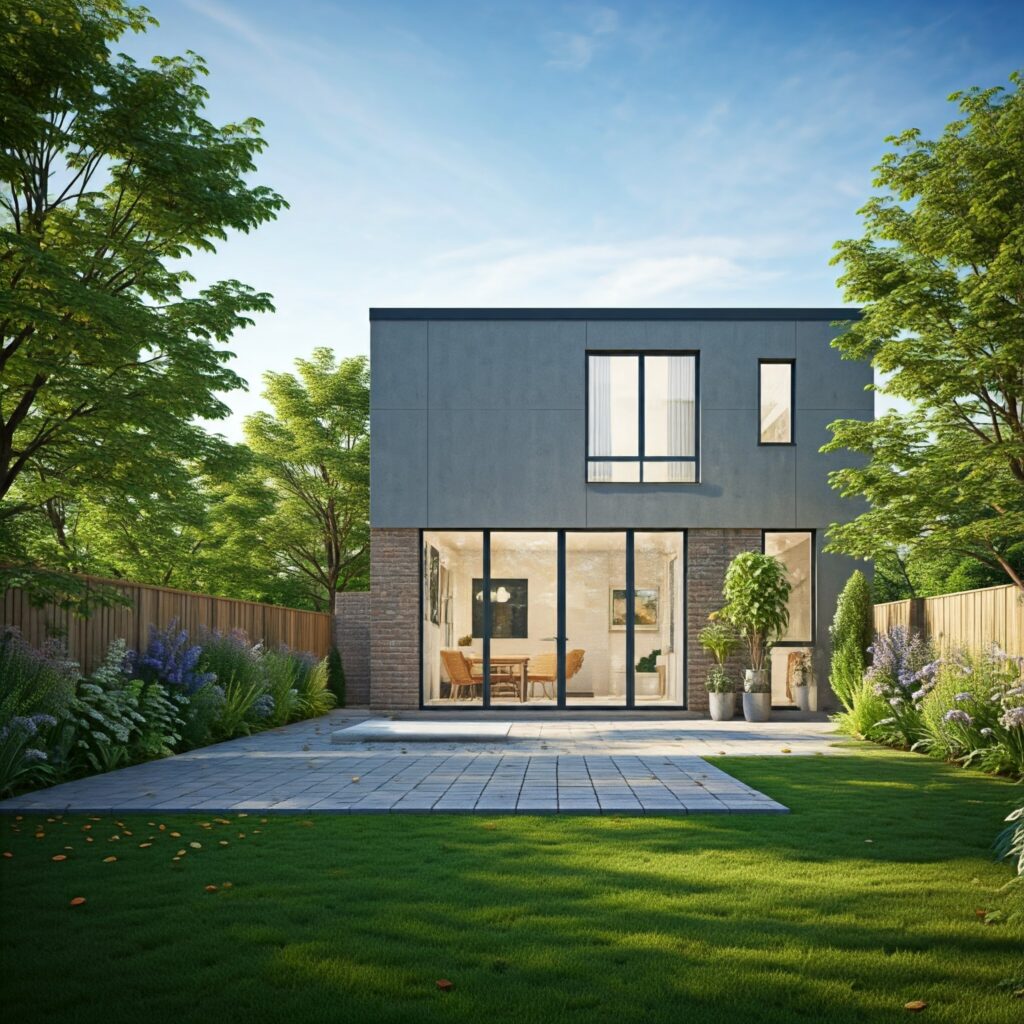Living the Garden Home Lifestyle: Benefits and Challenges
Introduction to the Garden Home Lifestyle
The allure of garden homes has captivated urban and suburban dwellers alike, offering a compact yet luxurious approach to modern living. Often nestled in vibrant backyards or expansive green spaces, garden homes provide a unique balance between privacy and community. With urban landscapes evolving, more individuals are turning to garden homes as a sustainable and cost-effective housing alternative. Yet, as idyllic as they seem, embracing this lifestyle involves weighing its benefits and challenges carefully.
The Benefits of Living in a Garden Home
Affordability and Cost Efficiency
Garden homes are celebrated for their affordability. Unlike traditional homes that require substantial financial commitments, garden homes allow for lower construction costs and reduced property taxes. For those seeking rental opportunities, these homes can generate supplementary income, making them an excellent investment for homeowners.
Connection with Nature
Living in a garden home immerses residents in nature. Large windows, outdoor patios, and seamless indoor-outdoor transitions foster a deeper appreciation of greenery. This lifestyle promotes mental well-being, as studies consistently link exposure to natural surroundings with reduced stress and increased happiness.
Versatility and Customization
Garden homes are incredibly versatile. Whether utilized as an artist’s studio, a rental property, or an in-law suite, their adaptability knows no bounds. Homeowners can tailor the layout, materials, and finishes to reflect personal style and practical needs.
Reduced Environmental Footprint
With a smaller size and eco-conscious designs, garden homes boast a reduced environmental footprint. Many integrate solar panels, energy-efficient windows, and sustainable building materials, further enhancing their green credentials. These homes not only lower utility bills but also align with a global push for sustainable living.
Challenges of Living in a Garden Home
Limited Space and Storage
One of the most notable drawbacks of garden homes is their size. Limited square footage means storage and living areas can feel constrained, requiring creative solutions like modular furniture and built-in shelving. For larger families, adjusting to the compact lifestyle might be challenging.
Privacy Concerns
While garden homes provide a sense of retreat, proximity to the main house or neighbors can sometimes compromise privacy. Effective landscaping, fencing, and strategic layouts can mitigate this concern, but it remains a consideration for potential residents.
Legal and Zoning Restrictions
Building a garden home isn’t without its bureaucratic hurdles. In cities like Toronto, zoning laws and permits can be complex and vary by neighborhood. Homeowners must ensure compliance with local regulations, which may add to initial construction timelines and costs.
Utility and Maintenance Complexities
Operating a standalone unit comes with its own set of challenges. Separate utilities, such as water and electricity, may require specialized installation. Additionally, maintaining a smaller home demands regular attention to avoid wear and tear in a limited space.
Balancing the Pros and Cons for a Harmonious Lifestyle
The garden home lifestyle offers a unique blend of simplicity and innovation, making it a desirable choice for many. To fully embrace its benefits while mitigating its challenges, careful planning is key. Thoughtful design, legal preparation, and realistic expectations can transform a garden home into a haven of comfort and efficiency.
As urban living evolves, garden homes stand out as a beacon of sustainability and flexibility. By understanding their benefits and challenges, prospective residents can make informed decisions that align with their lifestyle aspirations.



